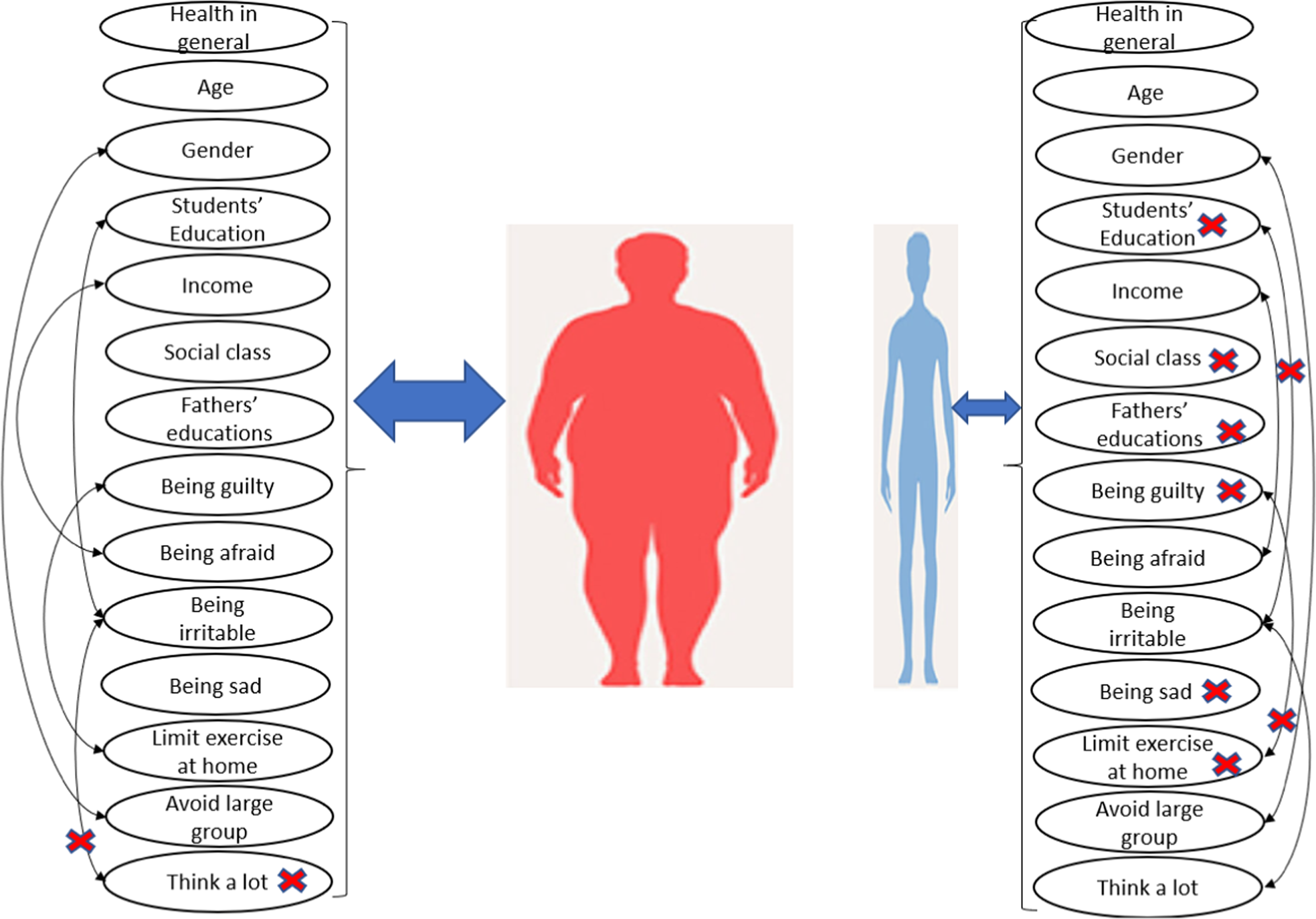
Substance abuse has long been a difficult issue to grapple with, both from the perspective of the individuals struggling with addiction and from wider society. Unfortunately, substance abuse is often stigmatized and shamed. This can be an additional source of distress or shame for individuals already dealing with an addiction problem. However, the stigma against substance abuse has been around for a while.
Table of Contents
Understanding The Drug War And How It Leads To Stigma:
The war on drugs in the United States has been an ongoing effort since its initiation in 1971 by president Richard Nixon. This campaign aimed to reduce the use of illegal substances and stop drug trafficking. It initially focused heavily on criminal penalties for the possession and sale of drugs, which led to vastly disproportionate sentences for those with minority backgrounds. This caused a shift in the public perception of substance abuse, elevating it to taboo levels. This stigma has been perpetuated over time, making it difficult for individuals struggling with addiction to receive acceptance or help from society.
Stigma Intertwined With Racism:
The continued stigma surrounding substance abuse has been closely linked to racism. This is due in large part to the history of the drug war, where individuals with minority backgrounds were more likely to be targeted and criminalized for their use or possession of drugs than those without. This perpetuated a cycle of discrimination and judgment towards people from certain backgrounds who struggle with addiction, making it even harder for them to receive help or acceptance in society.
Effects of Stigma:
The effects of this stigma can be far-reaching, impacting not only individual lives but also causing societal problems such as prejudice and discrimination regarding healthcare access and other resources. The shame associated with substance abuse can also stop people from seeking help or treatment when needed, as they may feel judged or embarrassed. This can lead to further complications and issues, as individuals suffering from addiction are more likely to suffer from mental health conditions due to the shame associated with their substance use.
Breaking the Stigma:

The WHO has recognized that the stigma surrounding substance abuse is an issue and has taken steps to combat it. They have recommended improving access to treatment, creating better healthcare policies, and reducing prejudice toward those struggling with addiction. Additionally, many organizations are dedicated to helping individuals with substance abuse issues access resources and support without judgment or discrimination. If you or anyone you know has been experiencing stigma due to substance abuse, here are ten things you can do to combat stigma.
- Educate yourself on the reality of addiction: Start by learning about the realities of substance abuse. Read up on stories from people who have gone through recovery and understand that addiction is a chronic illness, not a moral failing.
- Speak out against stigma when you see it: If you hear someone speaking negatively about addicts or spreading misinformation, challenge them politely but firmly. Pointing out how their language or attitude can be damaging to those struggling with addiction can help to spread awareness and start conversations around this issue.
- Embrace empathy and understanding: Practice empathy and compassion towards individuals affected by substance abuse issues. Remember that addiction affects everyone differently, so try to be supportive without judgment or criticism.
- Support addiction recovery organizations: Supporting organizations that advocate for addiction recovery is a great way to show your support and help those in need. Donating money or volunteering your time can make a big difference in someone’s life, so consider reaching out if you can.
- Educate others on the effects of stigma: Spread awareness about the damaging effects of stigma by talking to friends and family members about it. Share what you have learned with them and invite them to join you in supporting those affected by substance abuse issues.
- Show up for people in recovery: If you know someone who is fighting an addiction, reach out and show them that you are there for them. Offer to talk or help out in any way you can, such as listening and providing emotional support or resources for recovery.
- Advocate for policy change: Get involved in advocacy initiatives that reduce stigma and increase access to treatment for individuals with substance abuse issues. This could include attending rallies, writing letters to your representatives, and more.
- Practice self-care: Caring for yourself is an important part of breaking the cycle of stigma, so make sure to take time out of your day just for yourself. Spend some time alone doing something relaxing like yoga or taking a walk outside; this will help keep your mind healthy and help you stay connected to those around you in meaningful ways.
Overall, the stigma against substance abuse has been around for a long time and is still prevalent today. It is important to be aware of this stigma to create a more supportive environment for those who struggle with addiction so that they can access help and resources without fear of judgment. Additionally, it is important to recognize systemic racism as a factor perpetuating this stigma to ensure we are creating an equitable society where everyone has access to the care and resources they need.


:max_bytes(150000):strip_icc()/hypersexuality-f7219c0faf93488b82402d4f9d20e454.jpg)


